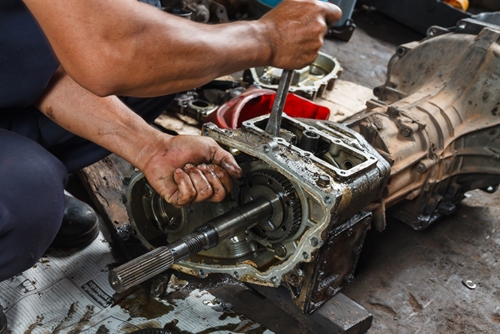Bellevue, Wash. — Mar. 07, 2017 — In an action announced this month, PACCAR Incorporated is recalling 465 potentially affected trucks due to a fuel system concern. While only half of these vehicles are thought to be affected, the problem could cause a potentially dangerous situation, as the recall acknowledgement statement said.
The Defect
As this letter also noted, the recall included five different types of trucks, including Kenworth and Peterbilt models ranging between the 2015 and 2018 model years. The models included the Kenworth K370, T680 and T880, as well as the Peterbilt 567 and 579.
The defect itself involved faulty plastic tee fittings on the engine that could lead to a dangerous fuel leak, since they’re so close to a possible source of heat. The Kenworth vehicles were produced between Nov. 18 2014 and Jan. 18, 2017, while the Peterbilt vehicle dates range from May 16, 2016 and Jan.18, 2017.
Timeline of Events
- Jan. 19, 2017: The Indiana-based supplier, Voss, tested for leaks in the engines of affected vehicles after fitting reports appeared, according to a report with the National Highway Traffic Safety Administration.
- Jan. 23, 2017: Once the parts had been already certified, Peterbilt reviewed the affected tees’ and discovered faults.
- Feb. 1, 2017: PACCAR Technical Center tested some of the problematic tees.
- Feb. 8-10, 2017: After observing the problem, the Peterbilt & Kenworth Safety Committees both decided the leak posed a safety risk.
- Feb. 15, 2017: The Part 573 Safety Recall Report was submitted to the NHTSA.
The Resolution
The mold temperature was too low during the production process, leading to the fault, which could create a noticeable fuel leak. Both Kenworth and Peterbilt said they would replace the fuel tees. Though no official dates were given for the notification schedule as of this writing, the report said that it would send notifications out within 60 days of Feb. 15.

